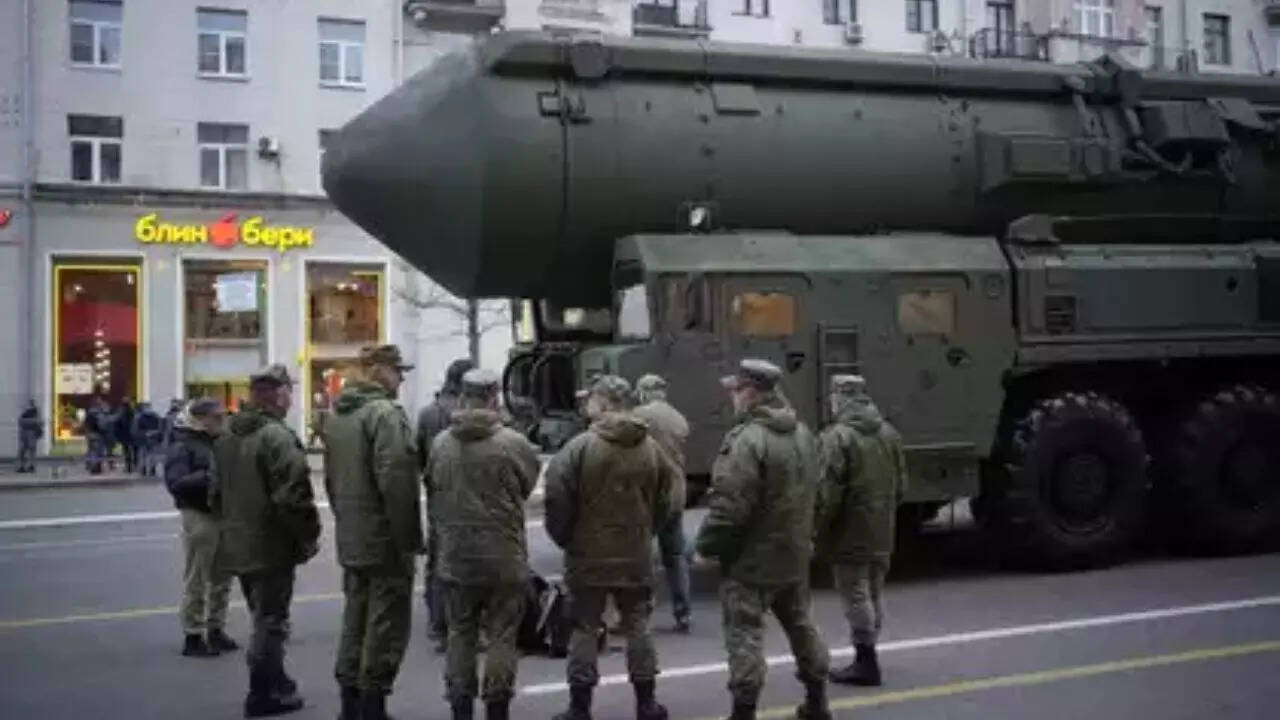After the fall of the Soviet Union, Ukraine inherited a significant nuclear stockpile. Despite possessing these nuclear weapons, Ukraine decided to relinquish them due to financial burdens and geopolitical risks. The 1994 Budapest Memorandum promised security guarantees to Ukraine, which were proven unreliable when Russia annexed Crimea and supported separatists in Ukraine. The current Russia-Ukraine conflict underscores the vulnerabilities of Ukrainian security without nuclear deterrence. This decision to disarm has left Ukraine exposed to external threats and has raised concerns about its ability to defend itself effectively. The need for reliable security assurances and the potential consequences of denuclearization are subjects of intense debate in international relations. The situation in Ukraine serves as a cautionary tale for other countries considering giving up their nuclear capabilities. The delicate balance between security, sovereignty, and international agreements is crucial for countries navigating complex geopolitical landscapes. As Ukraine grapples with ongoing conflicts and territorial disputes, the question of nuclear disarmament continues to shape its strategic decisions and future security policies. The repercussions of Ukraine’s disarmament serve as a stark reminder of the challenges and risks associated with nuclear politics on the global stage.

Posted in
JUST IN
Ukraine’s Nuclear Past and Current Security Challenges: A Lesson in Geopolitical Vulnerabilities
In Trend

“Indian government launches ‘Digital India’ initiative to boost online infrastructure and connectivity nationwide.”





















